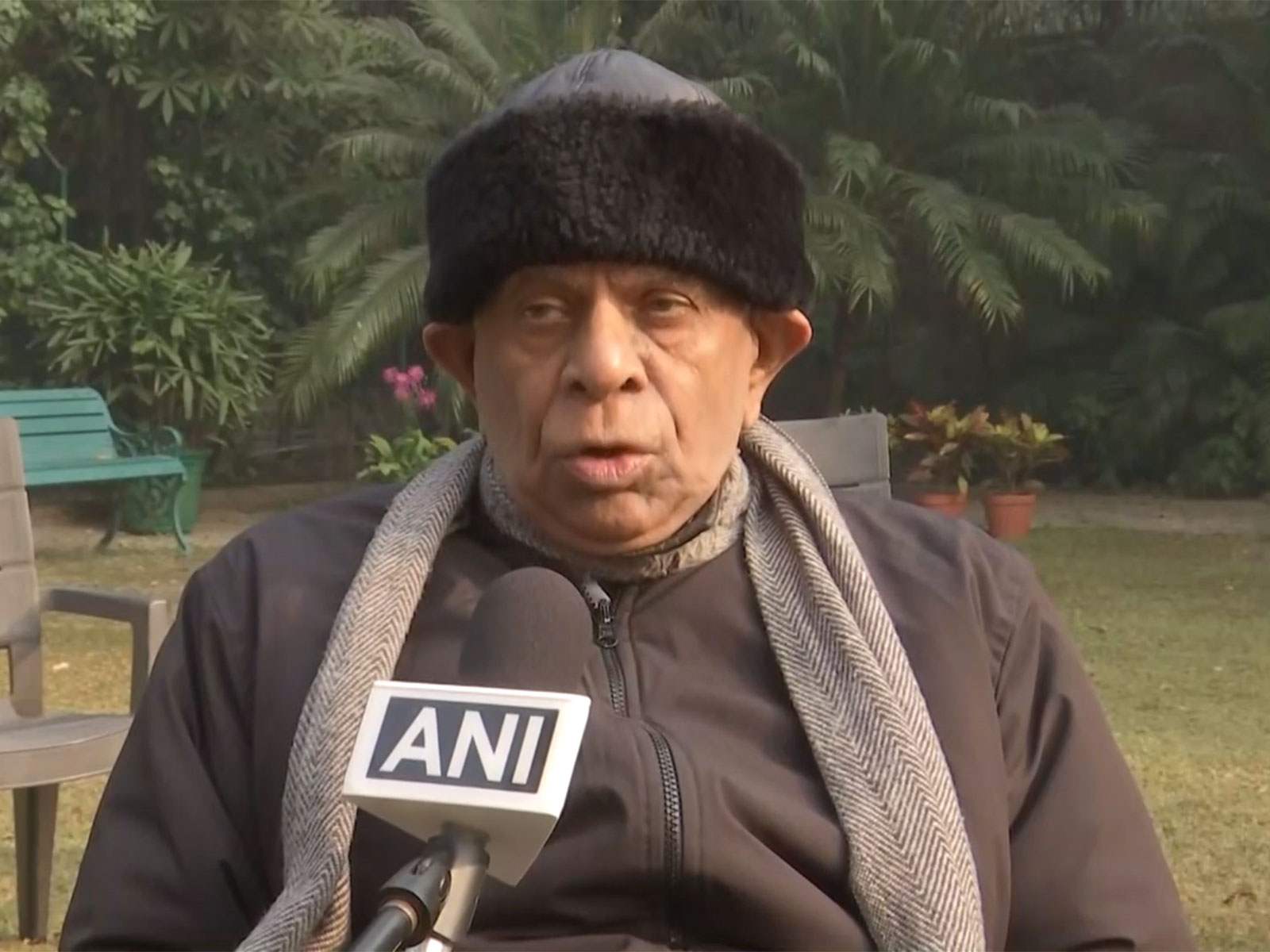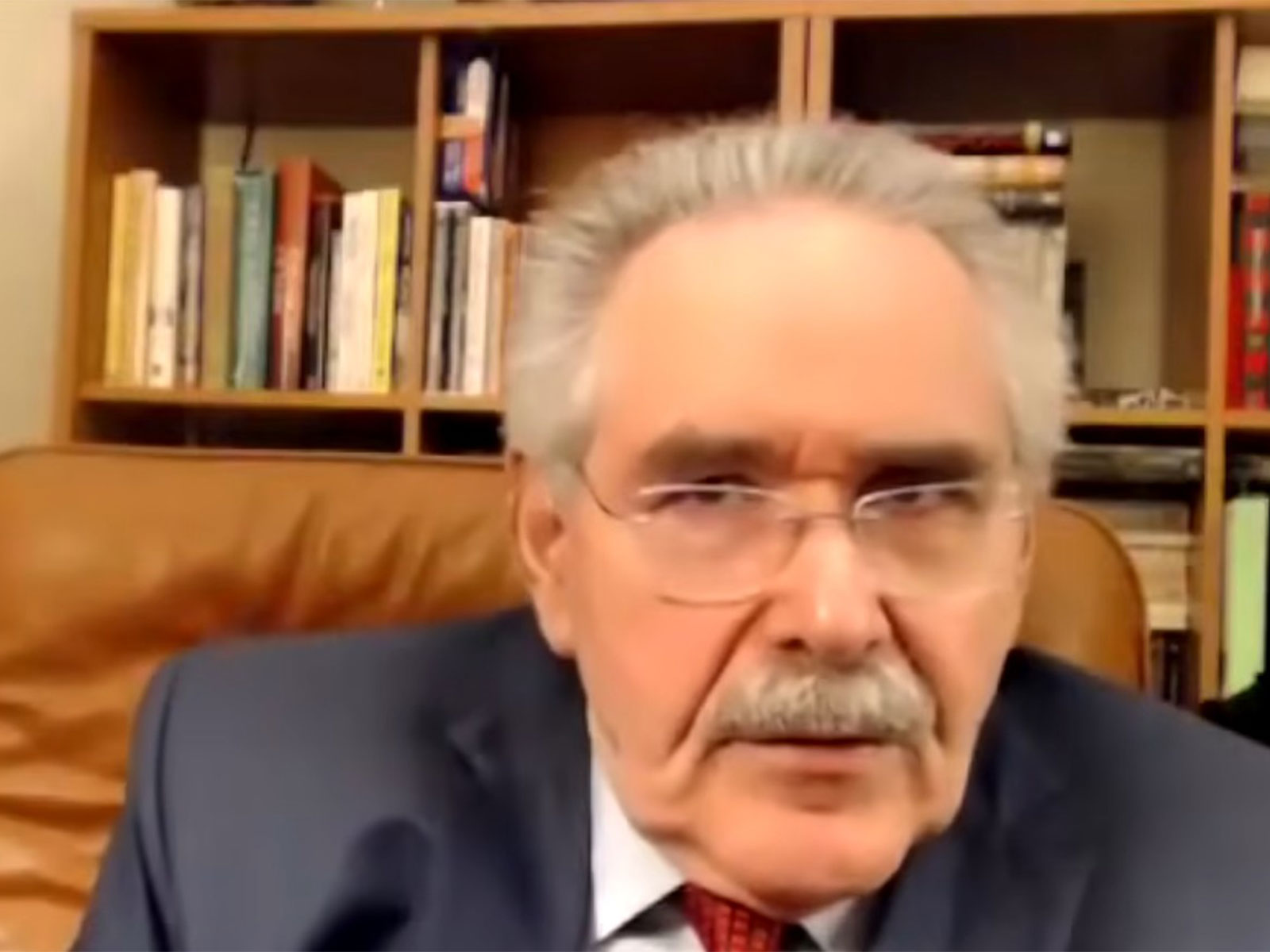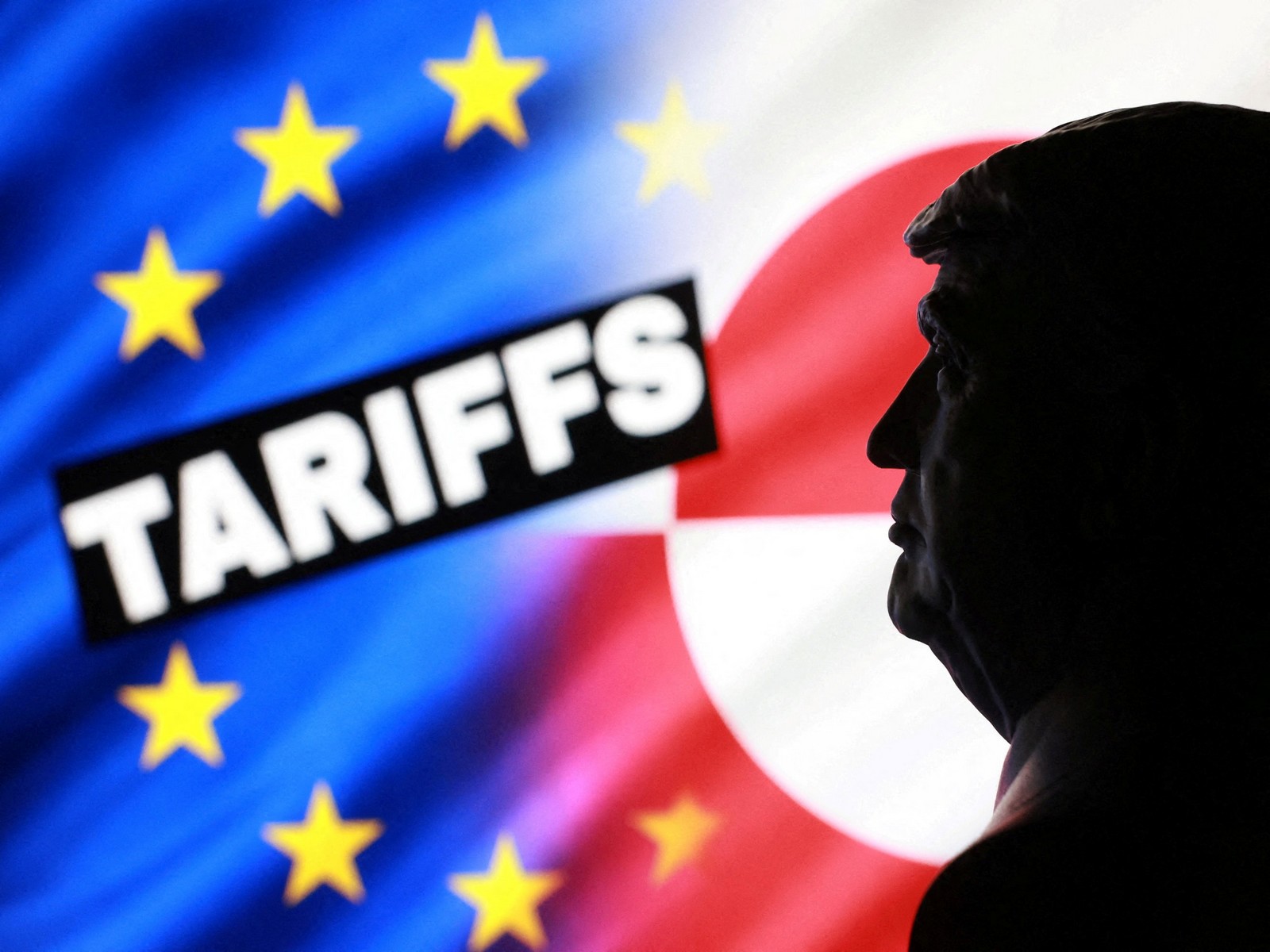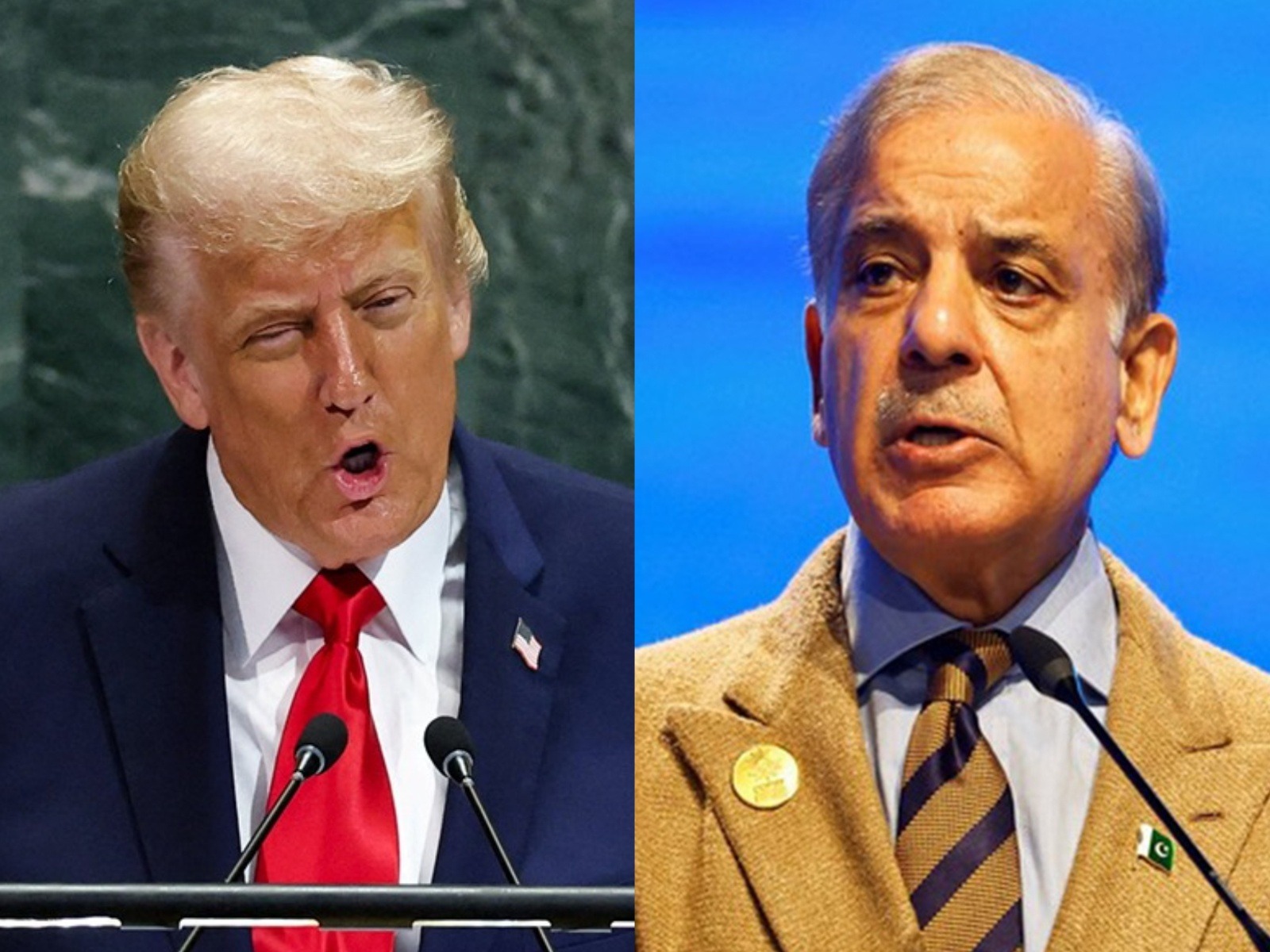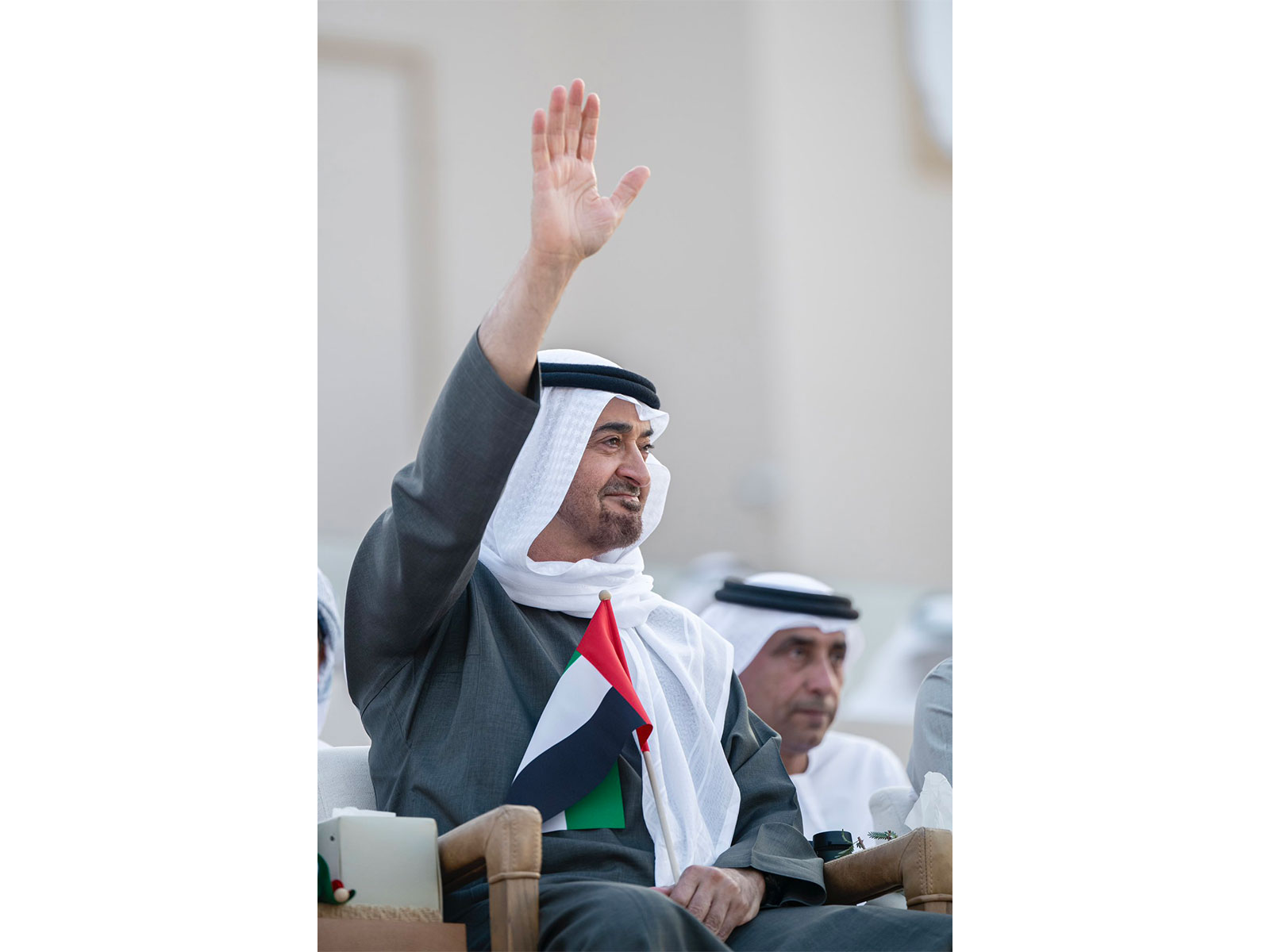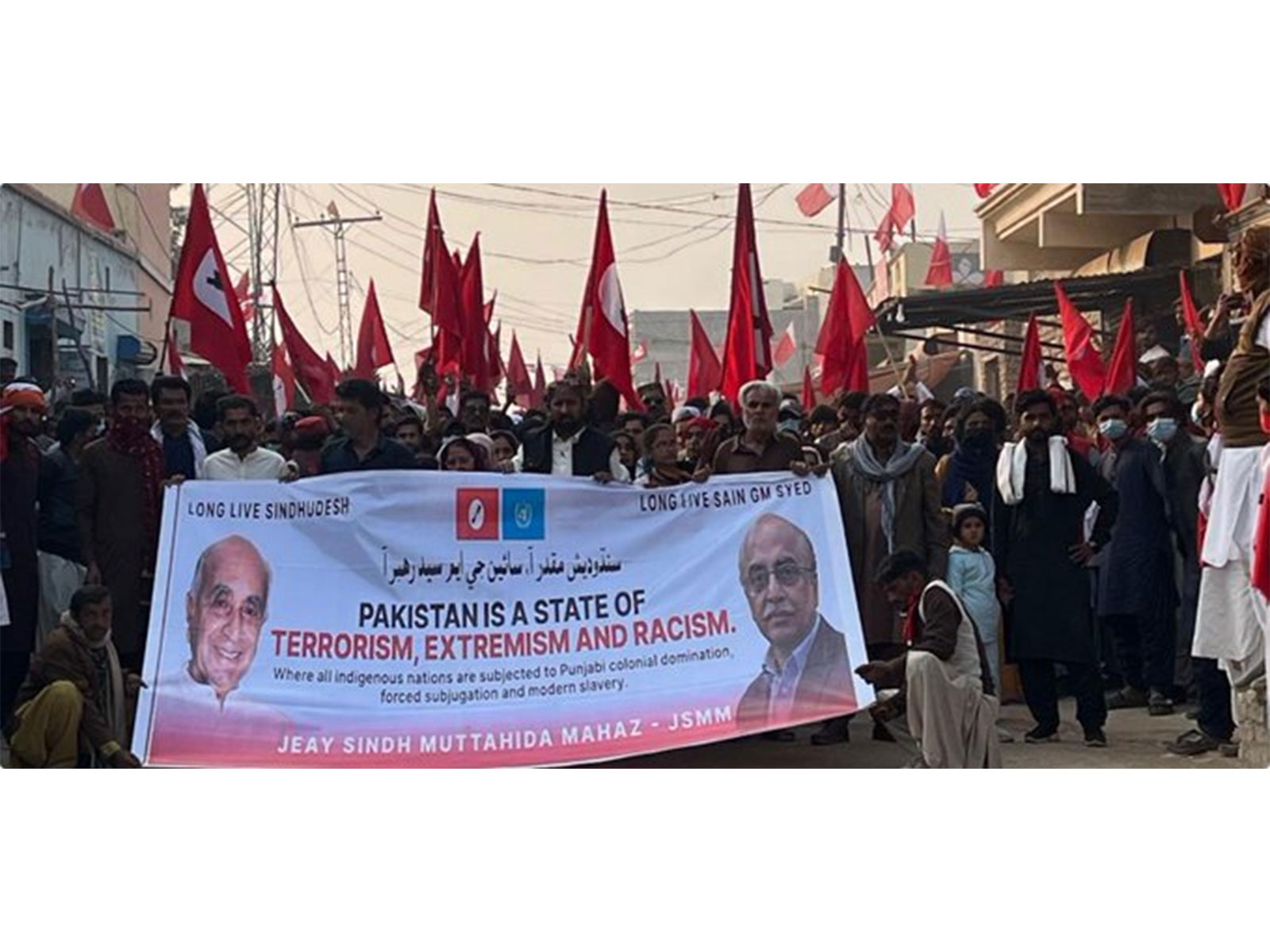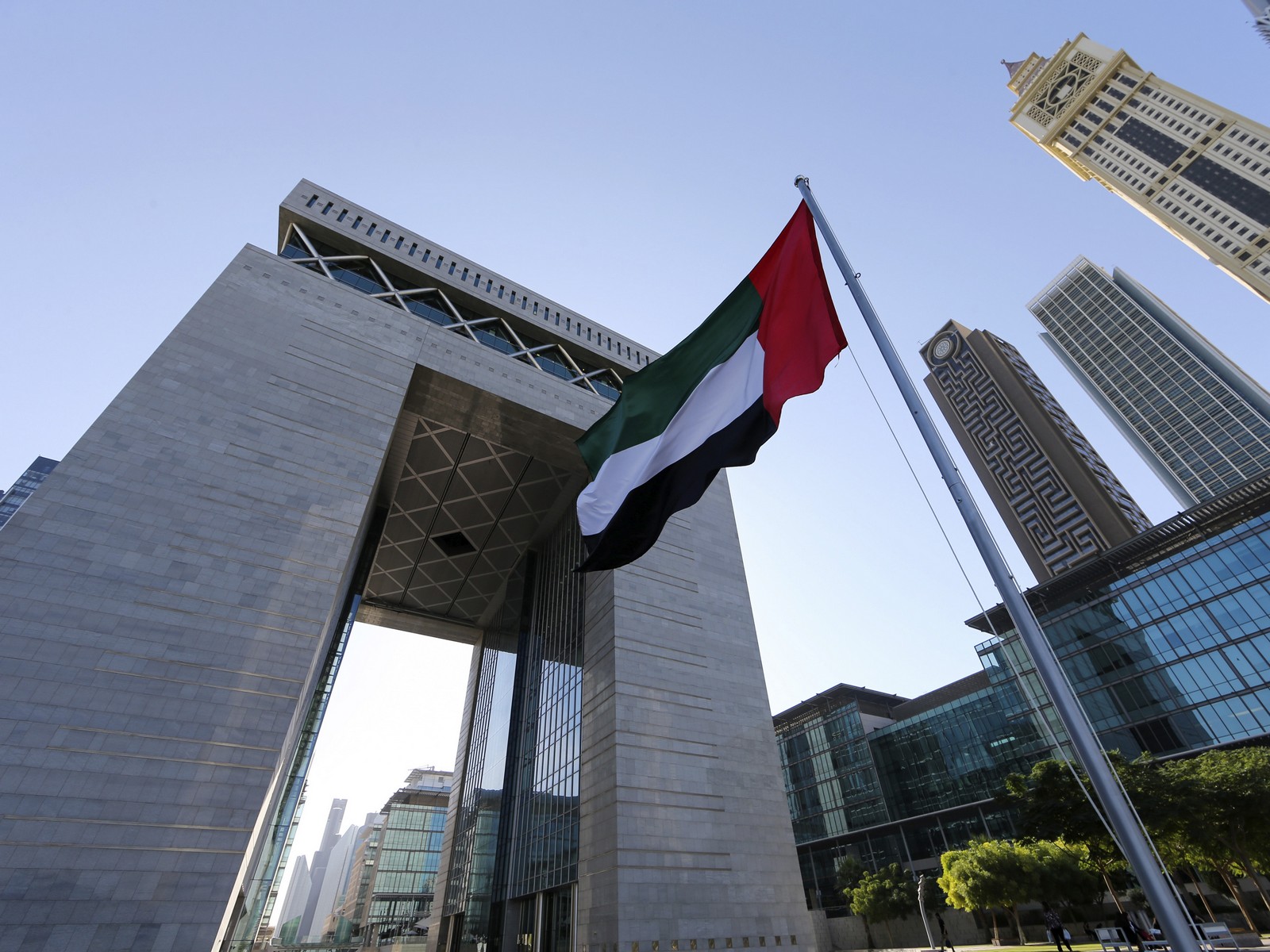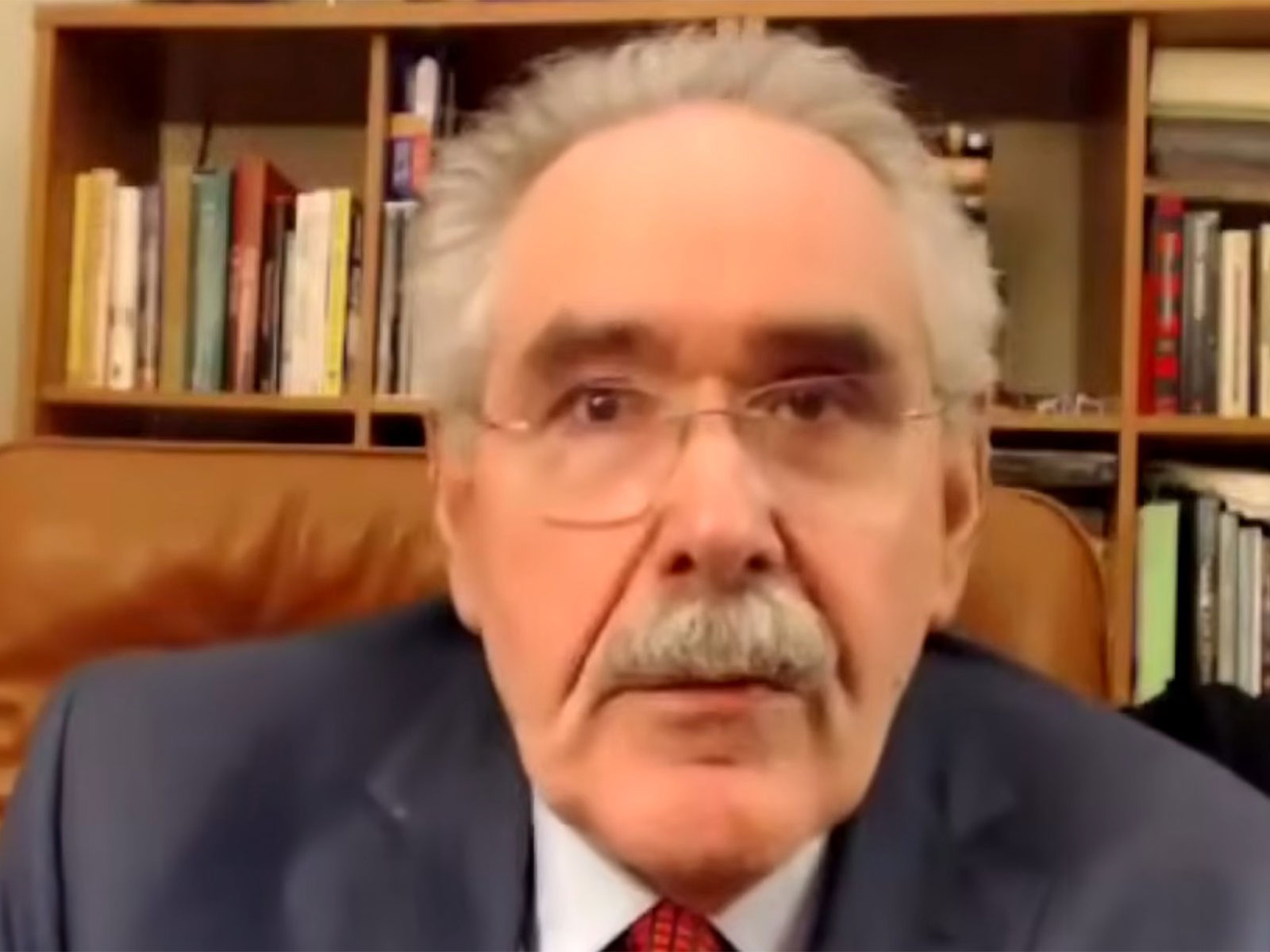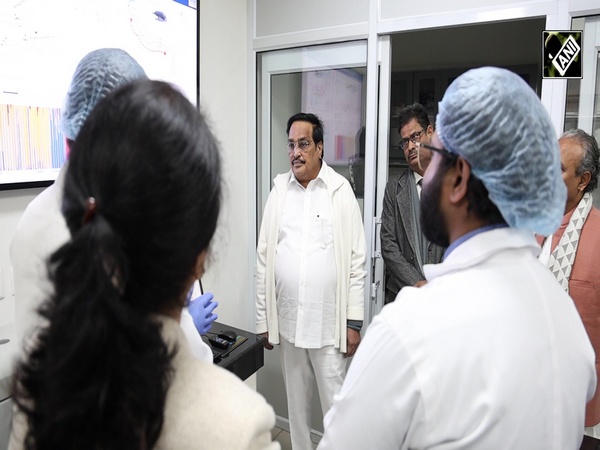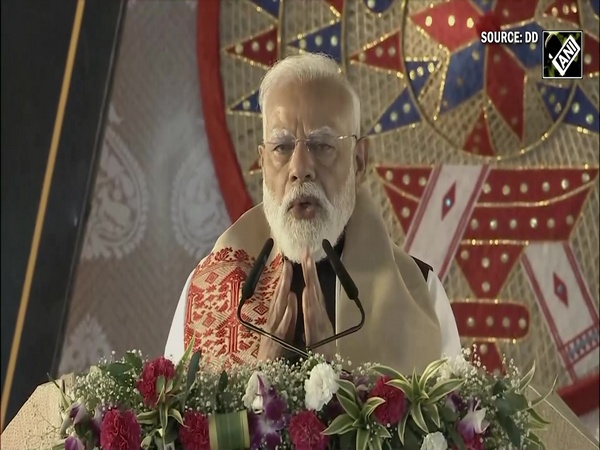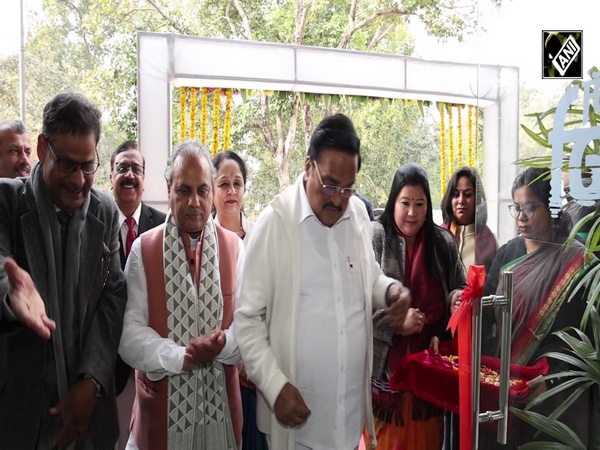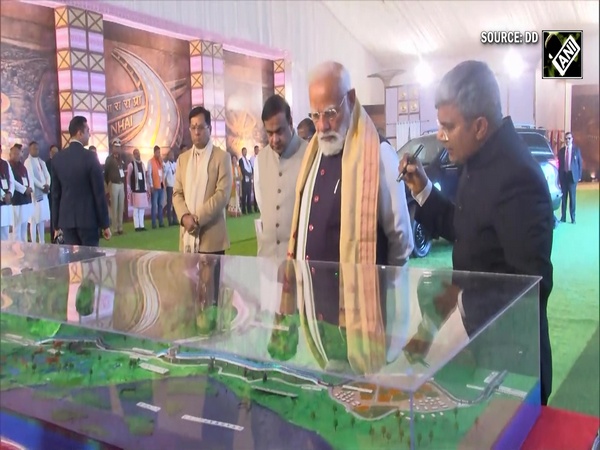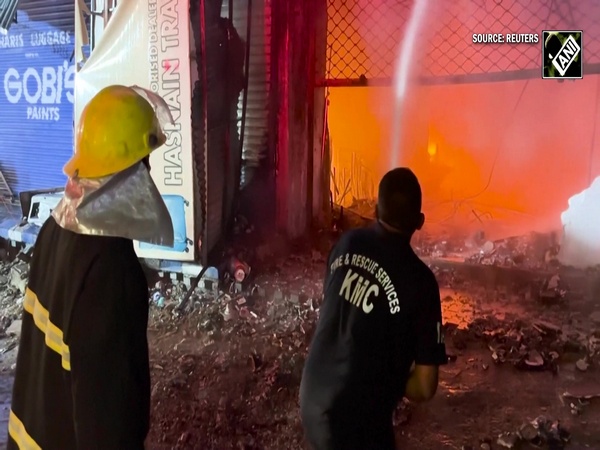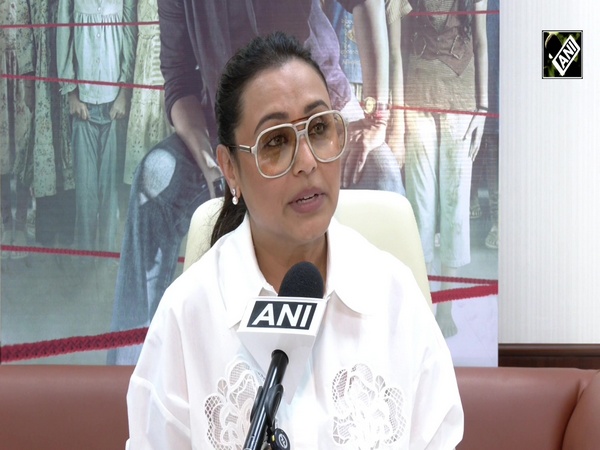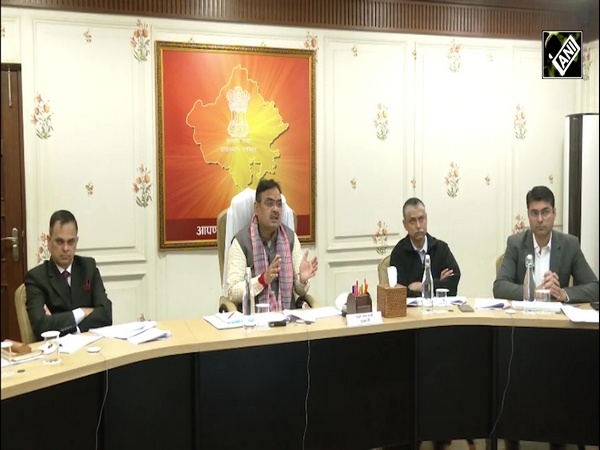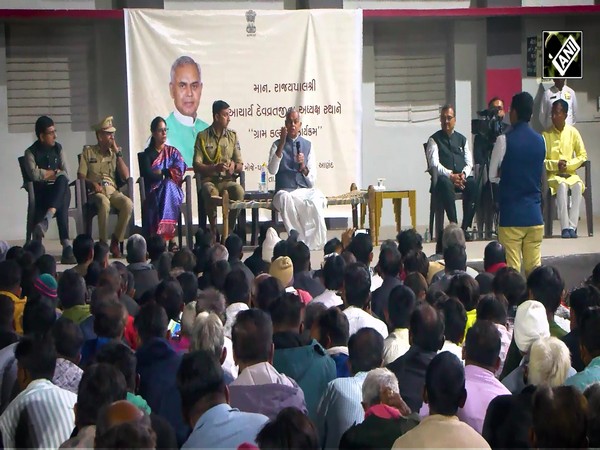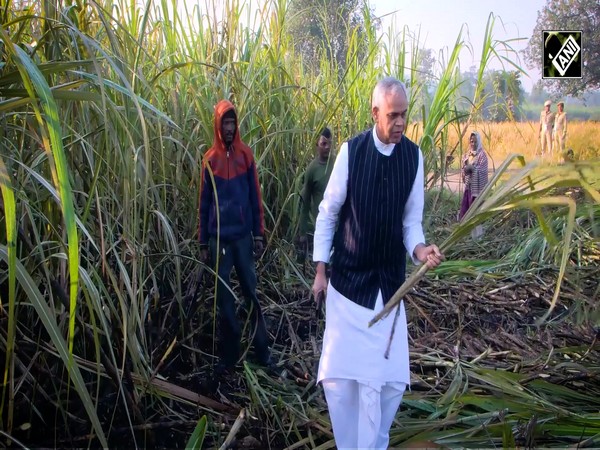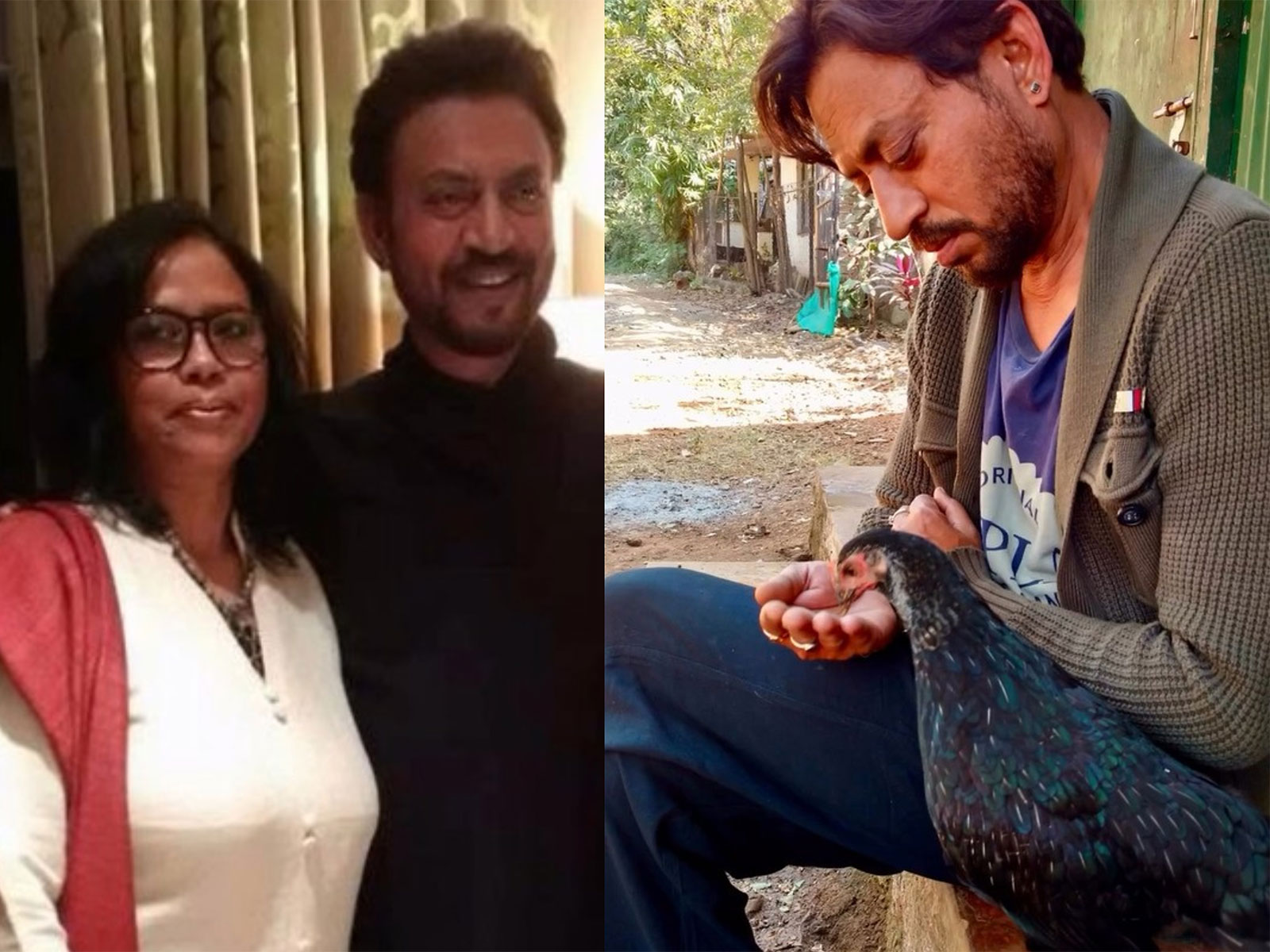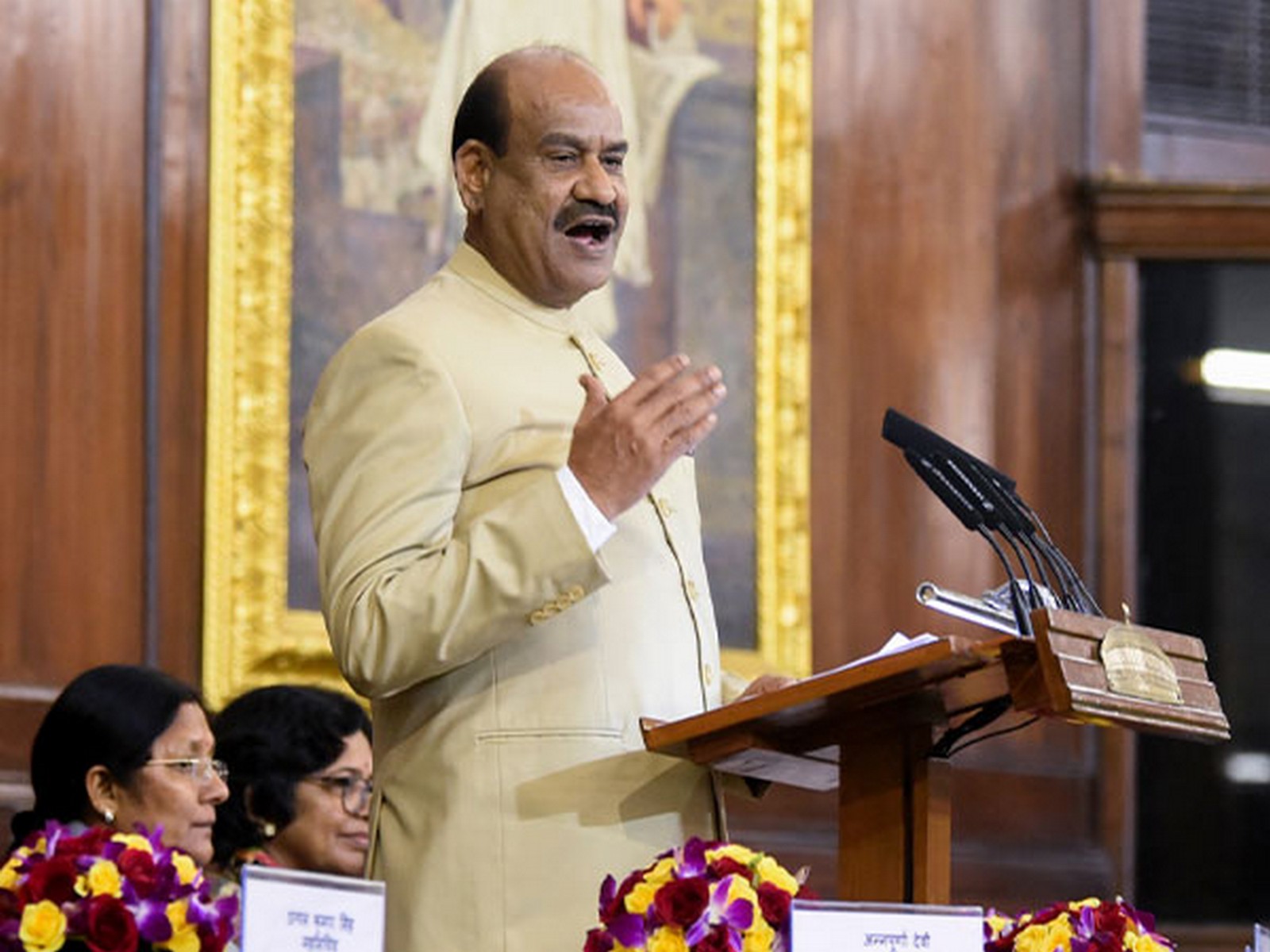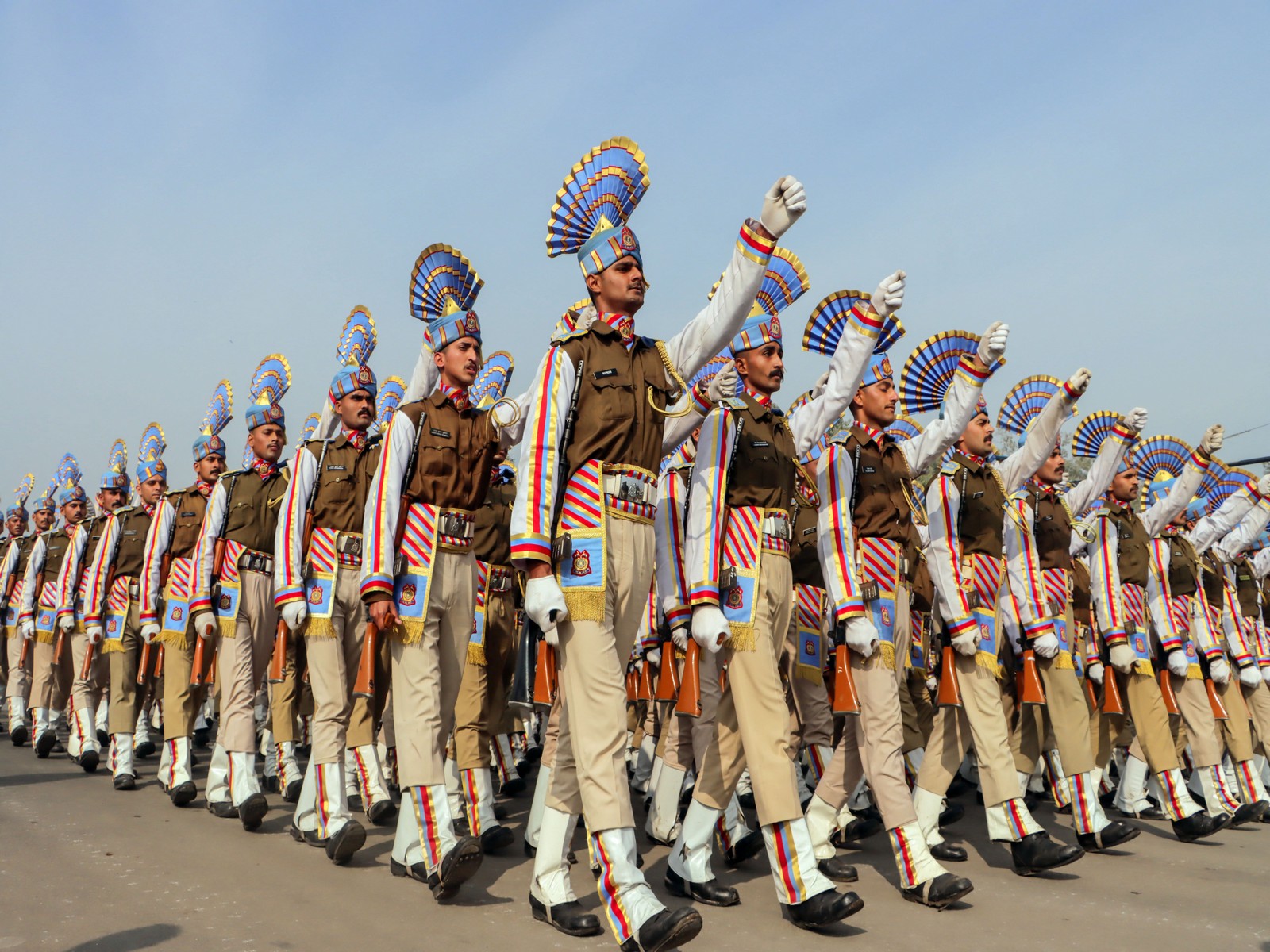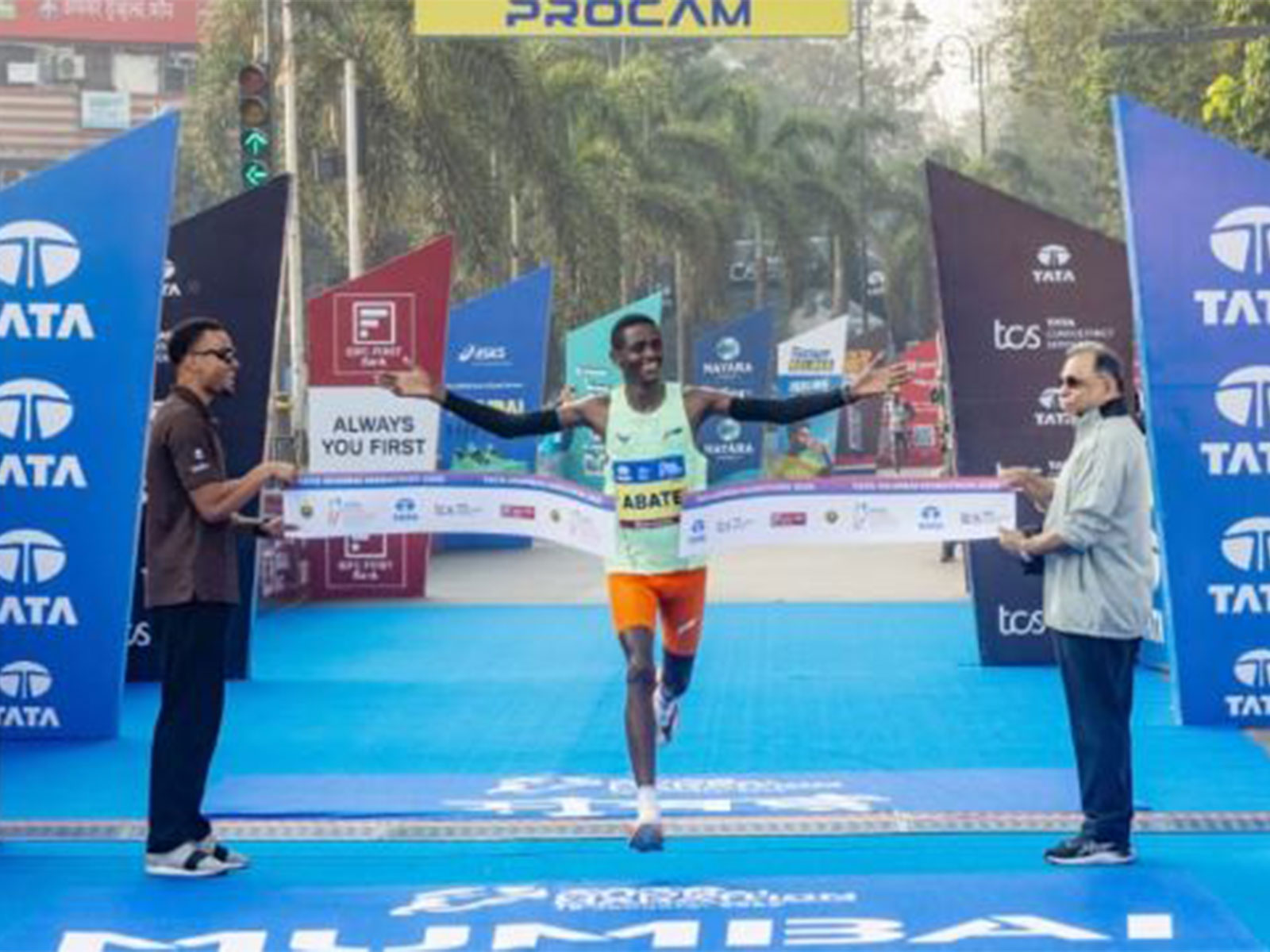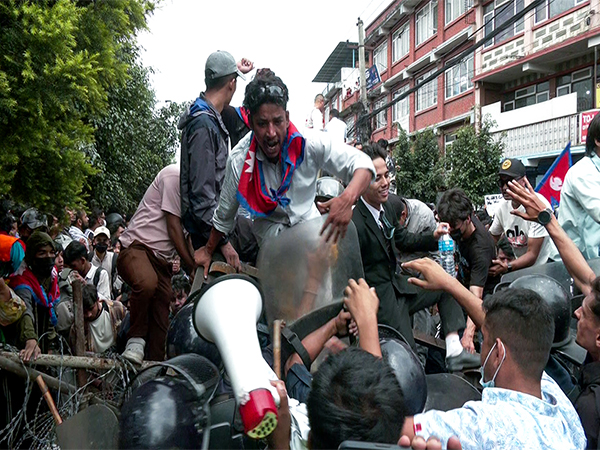
Bangladeshis stuck in Nepal asked not to move outside
Sep 10, 2025
Dhaka [Bangladesh], September 10 : All Bangladeshi nationals currently living or stuck in Nepal are strongly advised not to move outside and to stay at their respective places or hotels, the Bangladesh Foreign Ministry said in a statement late on Tuesday.
All Bangladeshi nationals, i.e., inbound passengers to Nepal, are also advised not to undertake flights to Nepal owing to the prevailing security situation until further advice, it added.
In case of emergency, Bangladeshis are asked to contact +9779803872759 or +977 9851128381.
In addition to the 36-member national football team, a 51-member delegation from the Defence Services Command and Staff College (DSCSC) from Mirpur, who went to Nepal as part of their overseas study tour, is stuck in Kathmandu. Their daily programmes are also cancelled.
The Bangladesh Embassy in Kathmandu has issued contact details for Biman Bangladesh Airlines passengers currently stranded in Nepal. Those seeking updates or information regarding the Kathmandu-Dhaka route are requested to reach out to the following representatives of Biman: Country Manager, Kathmandu Office: +977 9851037510, Station Manager: +977 9851026159, Sales Department: +977 9847918402.
Approximately 100 Bangladeshi nationals, including government officials and football players on official visits, are currently stranded in Kathmandu. The number of Bangladeshi tourists visiting Nepal independently or for private purposes has not yet been confirmed.
According to the Bangladesh Embassy, its hotlines have received over 350 enquiries from Bangladeshi citizens stuck in Nepal. Most of the callers are seeking information about Biman flight schedules, delays, and rescheduling.
It is estimated that around 500 Bangladeshi passengers of Biman Bangladesh Airlines are currently in Nepal.
The Embassy stated that Biman will reschedule flights based on the evolving security situation and in compliance with directives from Nepal's Civil Aviation Authority.
Meanwhile, Nepal Prime Minister KP Oli on Tuesday resigned as violent protests continued for the second day in various parts of the country. Oli's secretariat confirmed his resignation, local media reported. Four ministers had earlier resigned from the government.
This comes against the backdrop of Nepal's 'Gen Z' protest, a widespread movement led by young people, primarily students, to demand accountability and transparency from the government. The protests began on September 8 in Kathmandu and other major cities, including Pokhara, Butwal, and Birgunj, after the government imposed a ban on major social media platforms, citing tax revenue and cybersecurity concerns.
Building on this anger, protesters are demanding an end to institutionalised corruption and favouritism in governance.
They want the government to be more accountable and transparent in its decision-making processes. The protesters are also demanding the revocation of the ban on social media platforms, which they see as an attempt to suppress free speech.
As tensions mounted, the situation quickly escalated on the ground. At least 19 people were killed and 500 were injured in clashes with security forces. A curfew was imposed in several cities, including Kathmandu, to control the situation.
At the heart of the unrest was the government's decision to impose a ban on 26 major social media platforms, including Facebook, Instagram, WhatsApp, and YouTube, citing concerns over misinformation and the need for regulatory compliance. Citizens saw this as an attack on free speech and a way to suppress dissent.
Public frustration deepened further when the "Nepo Babies" trend on social media exposed the lavish lifestyles of politicians' children, highlighting the economic disparity between them and ordinary citizens. This fuelled public frustration over corruption, nepotism, and economic inequality.
Amid these grievances, Nepal's ongoing jobs crisis, with nearly 5,000 young people leaving the country every day to seek work abroad, has added to the unrest.
